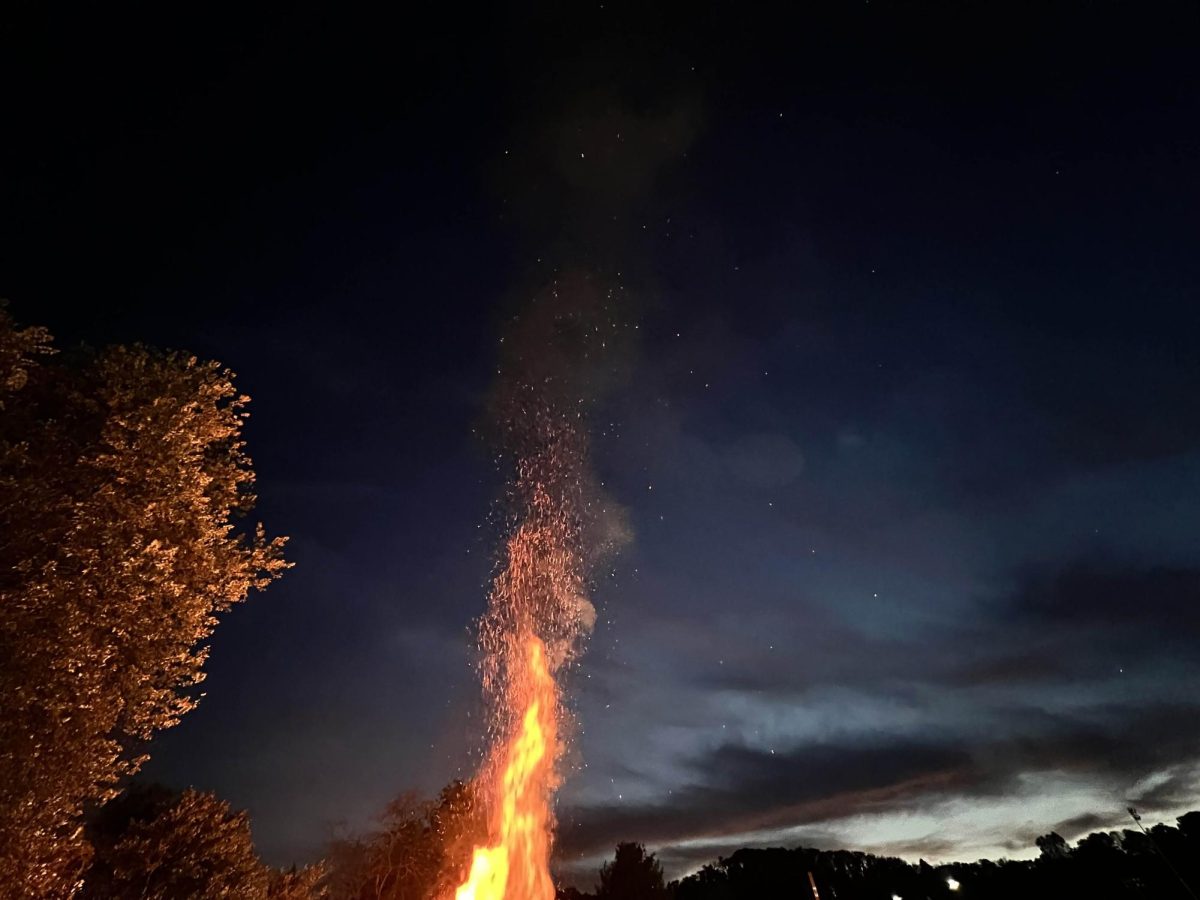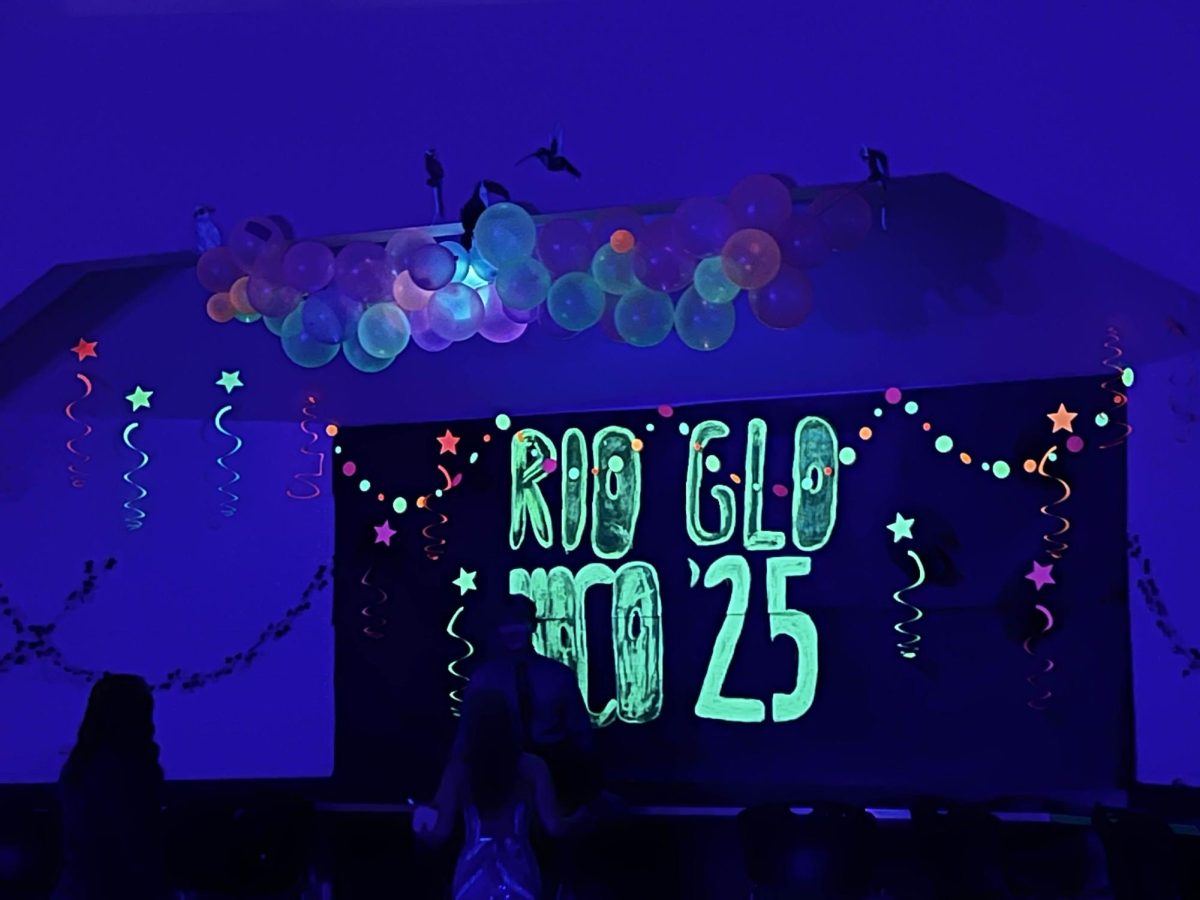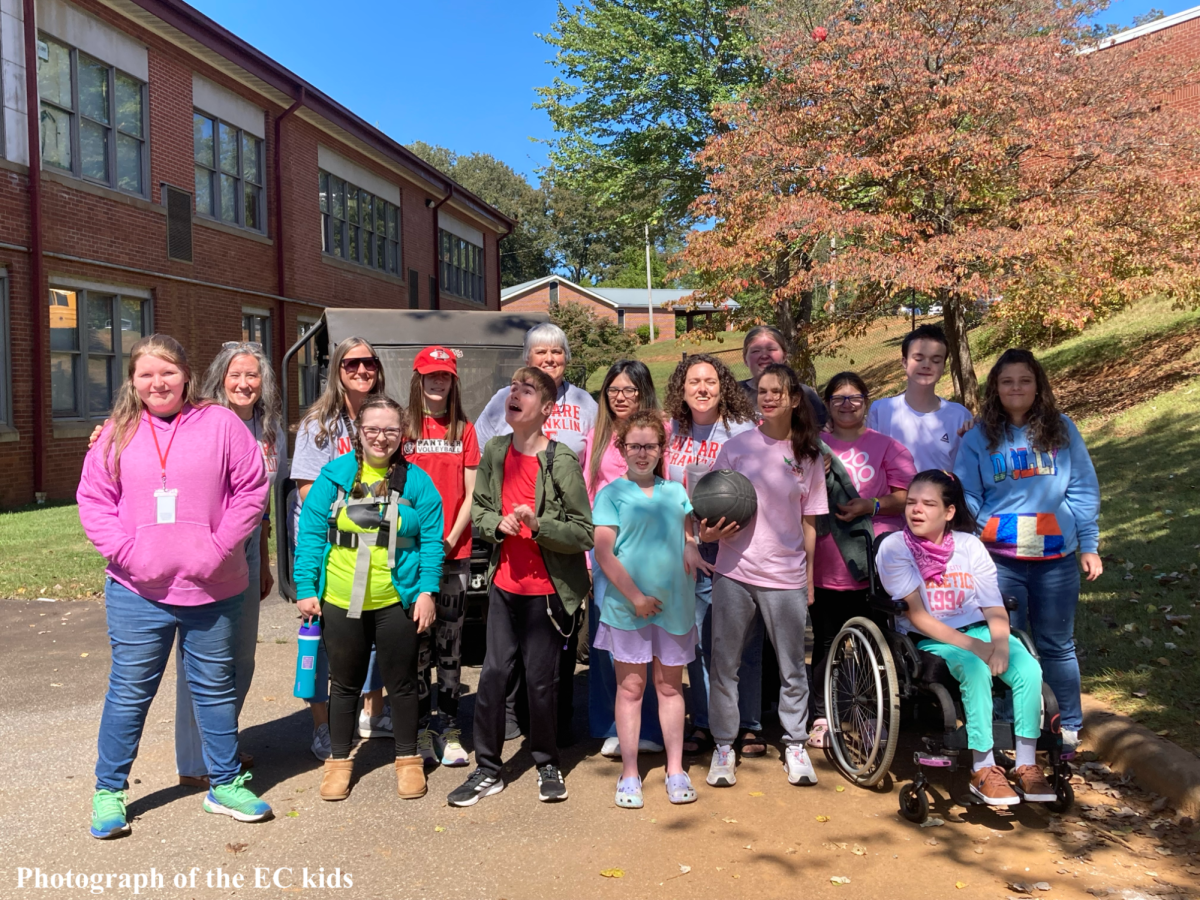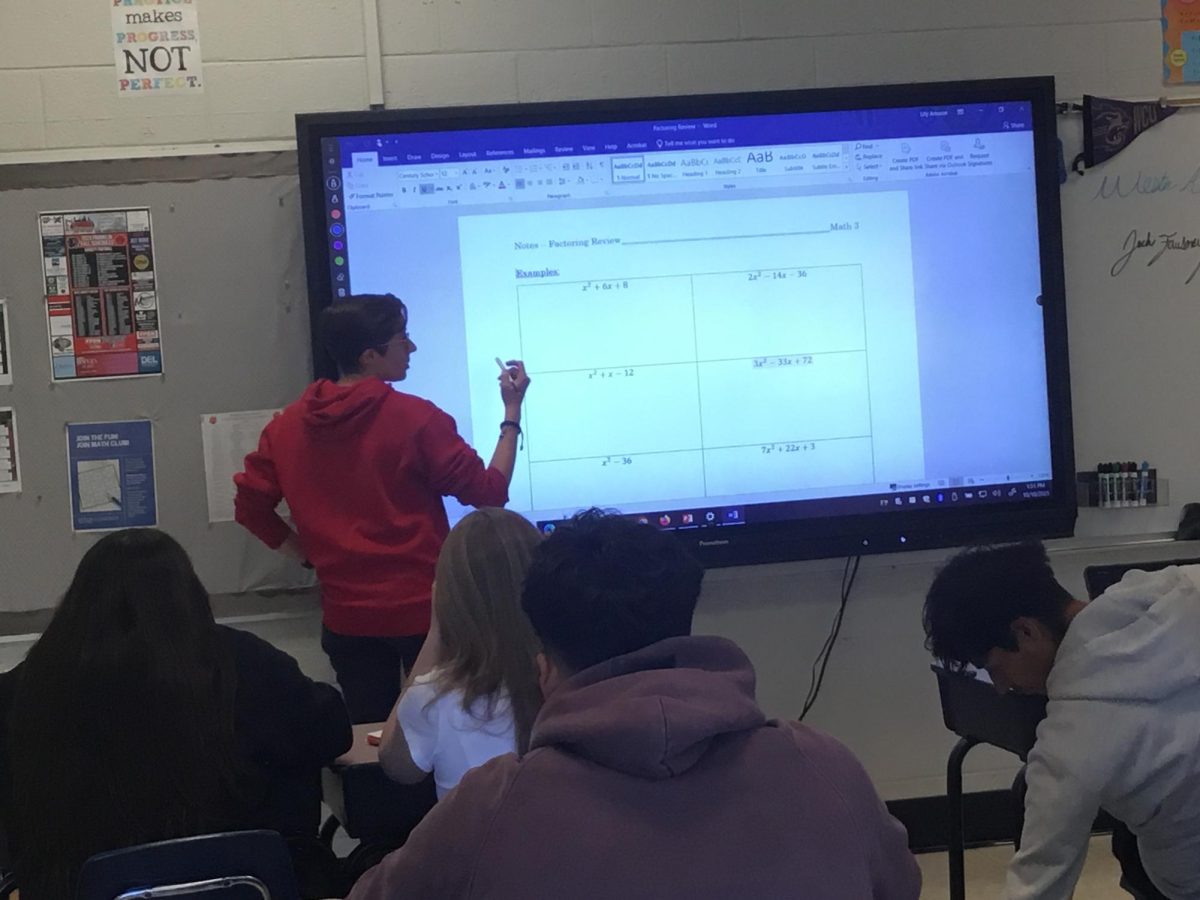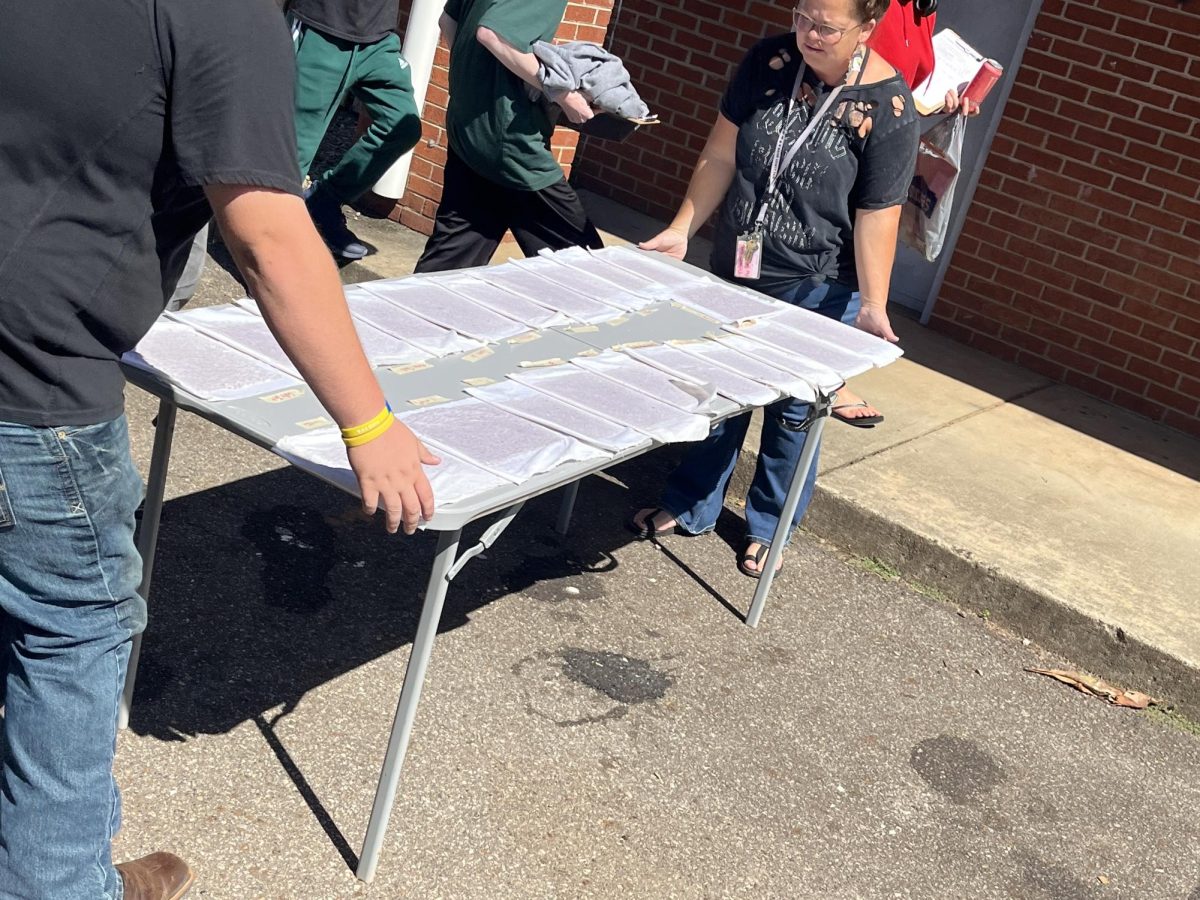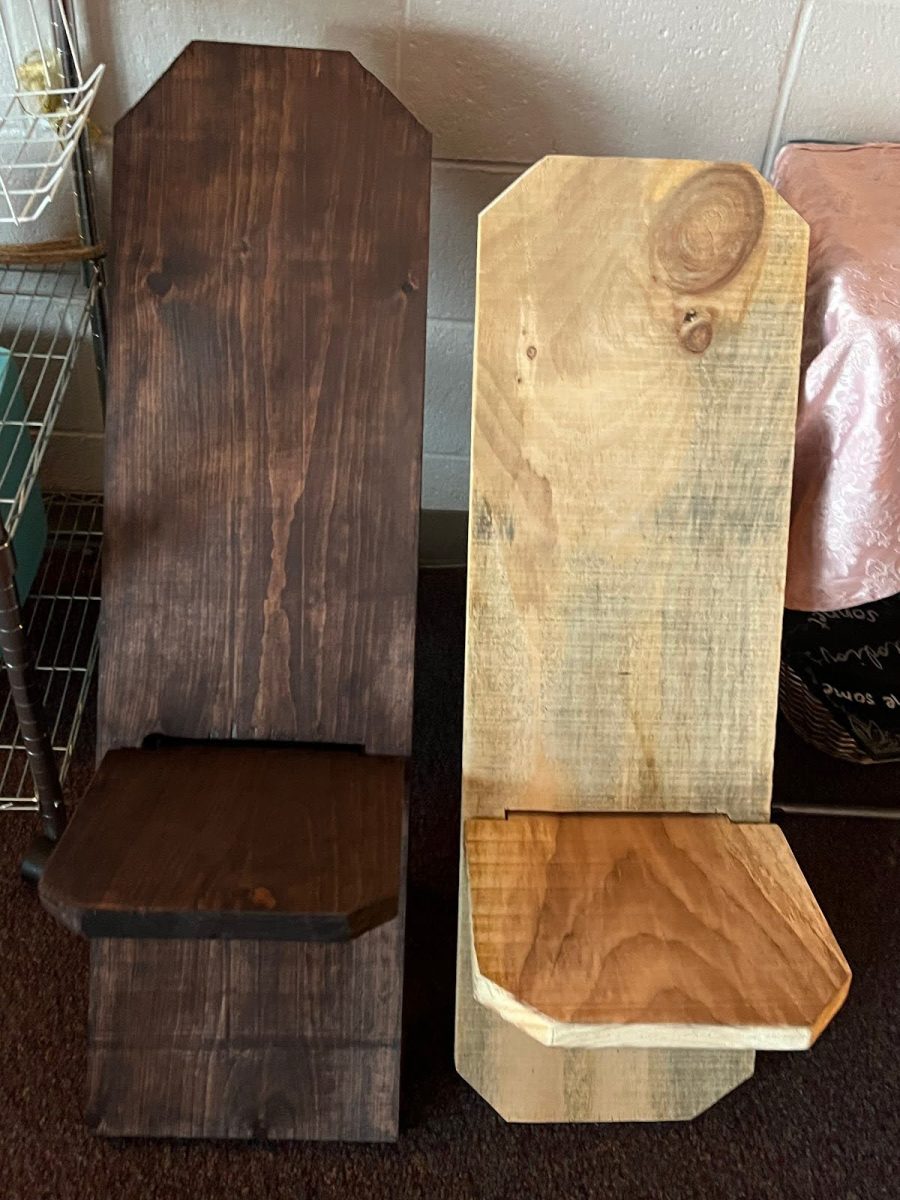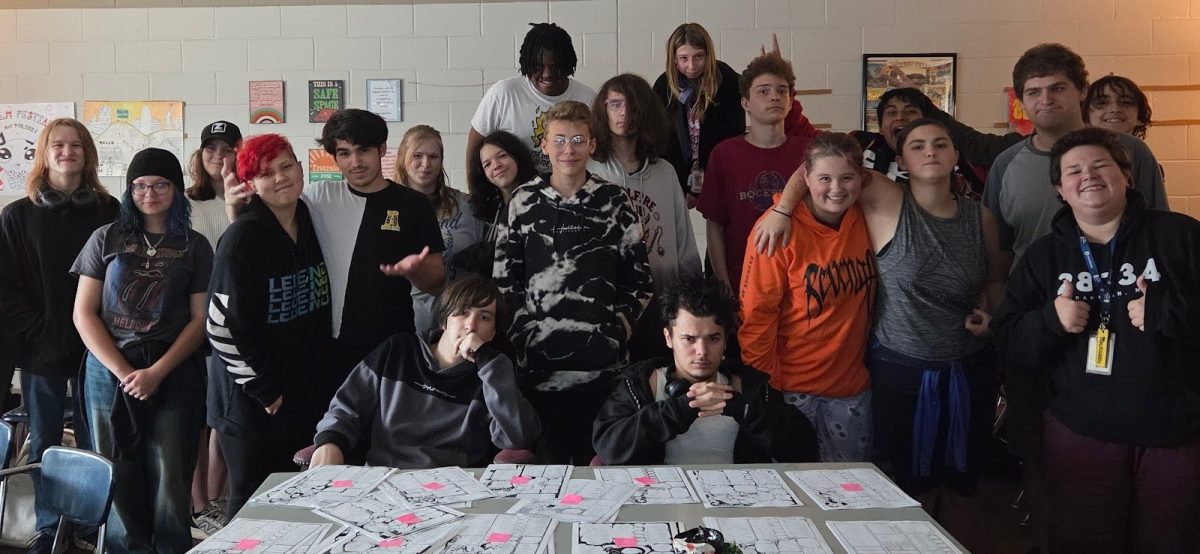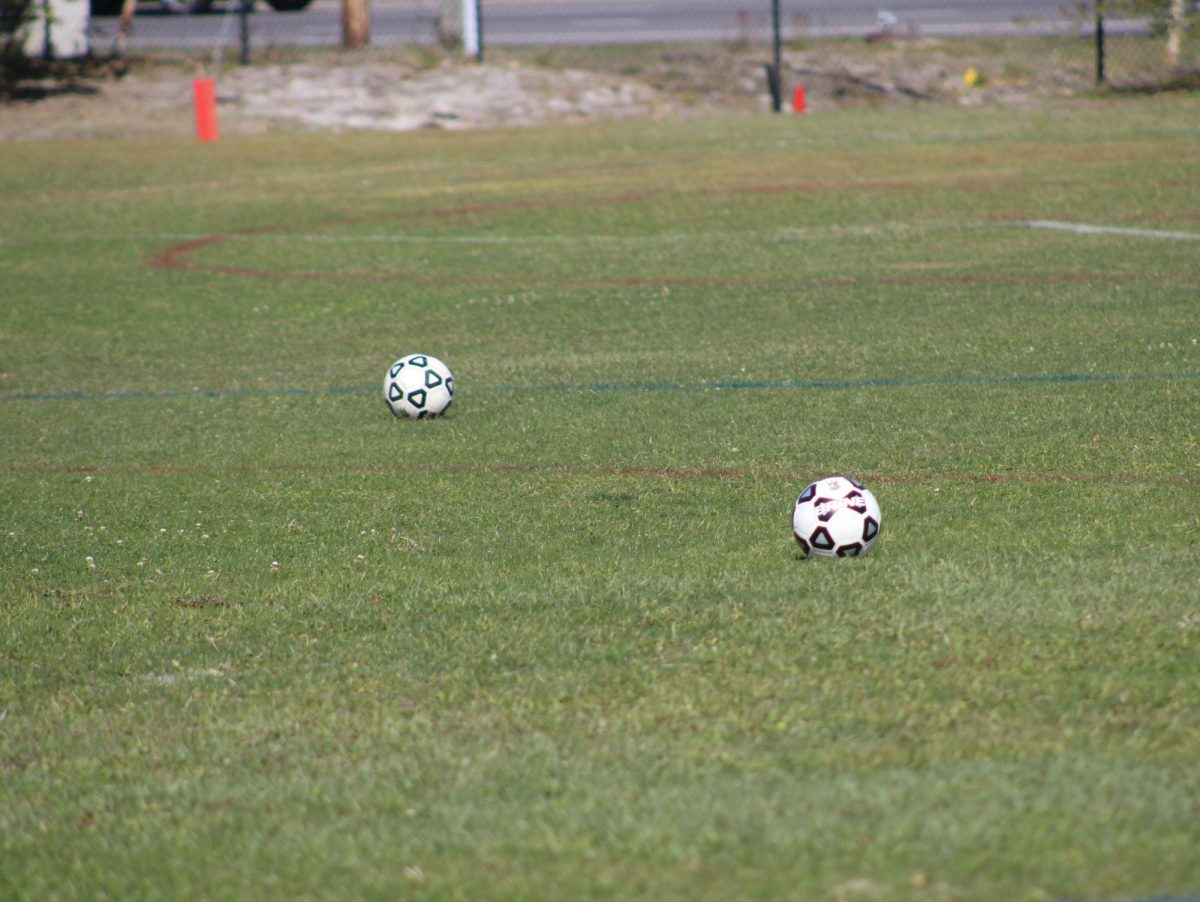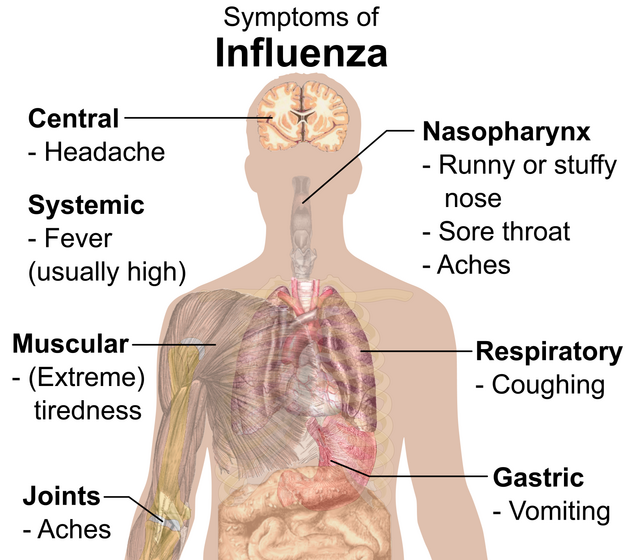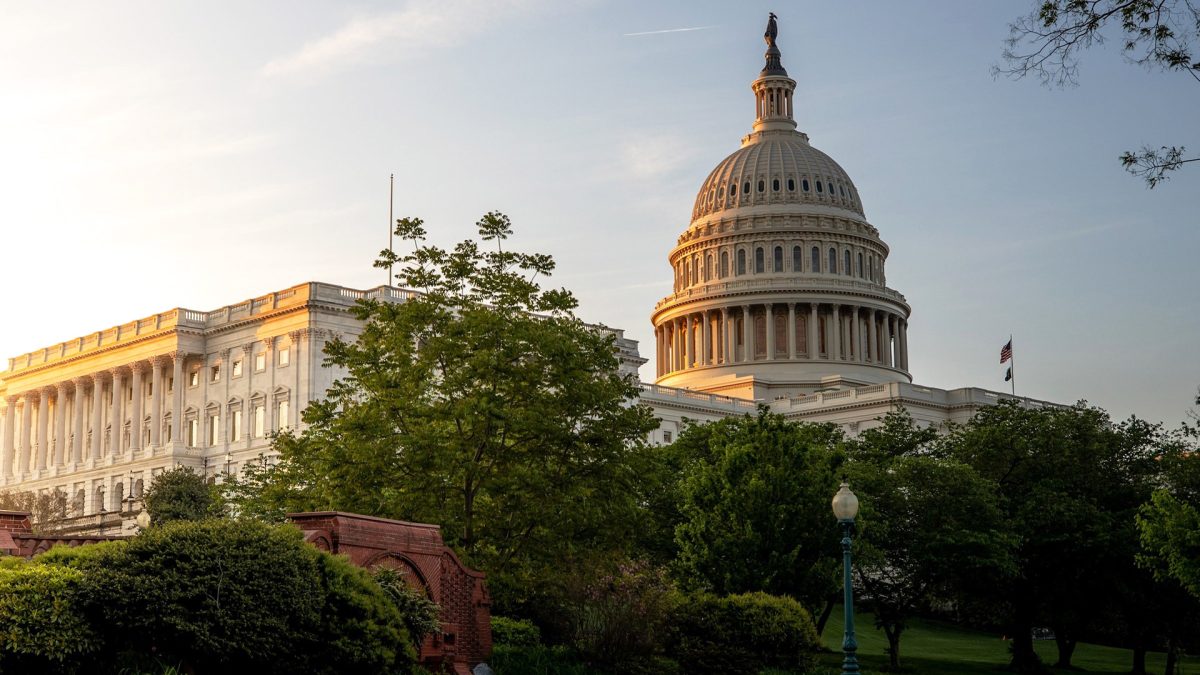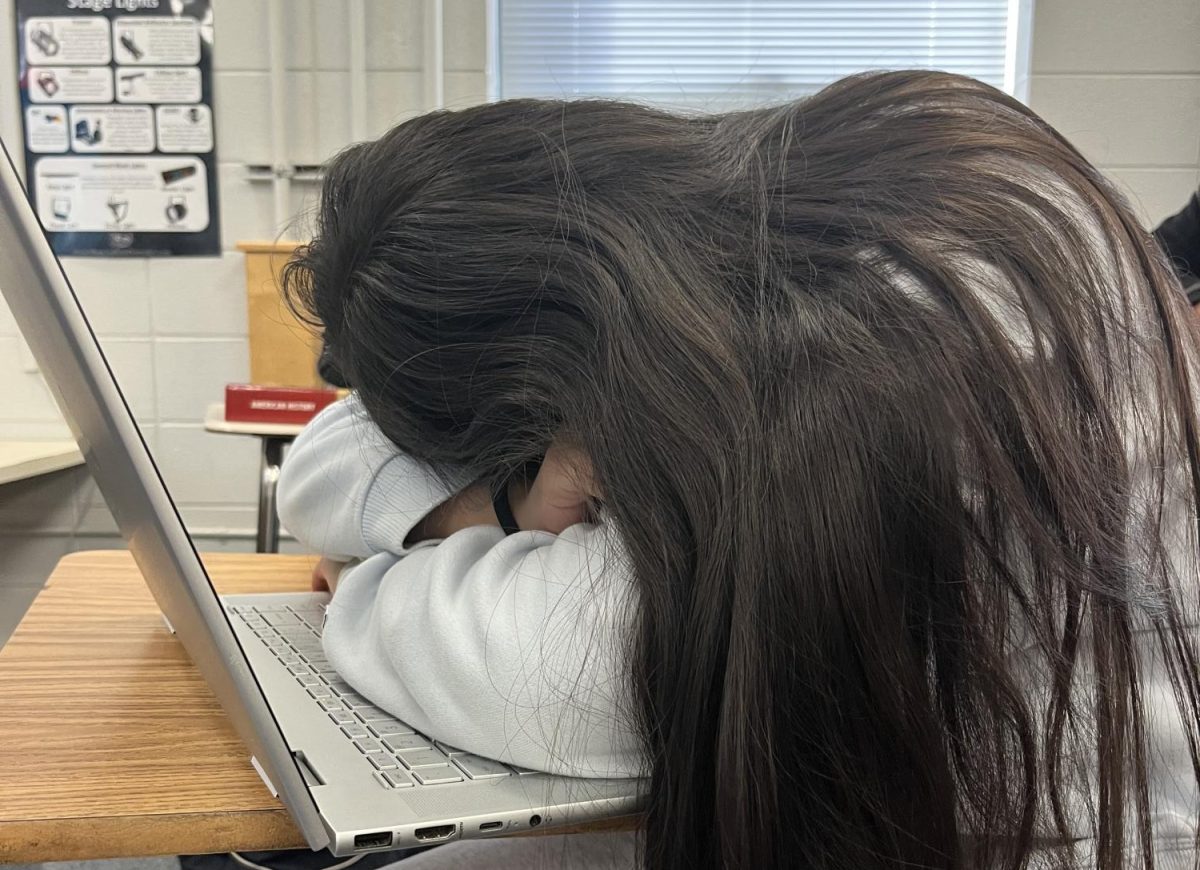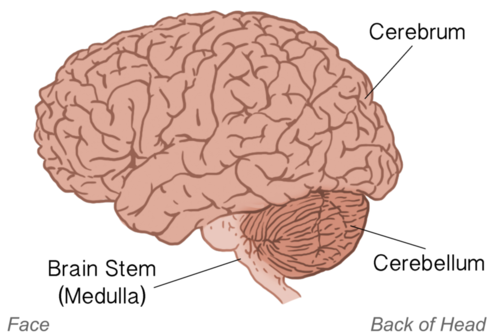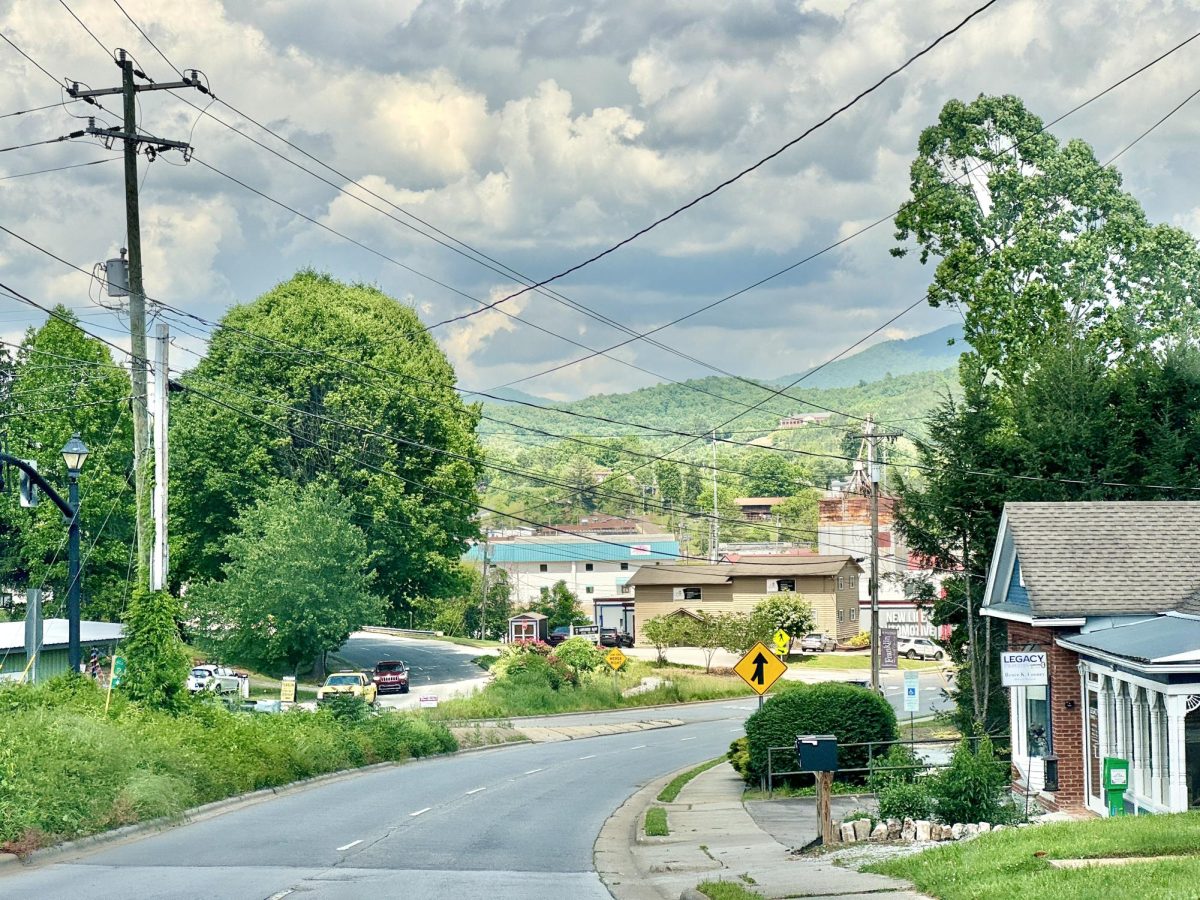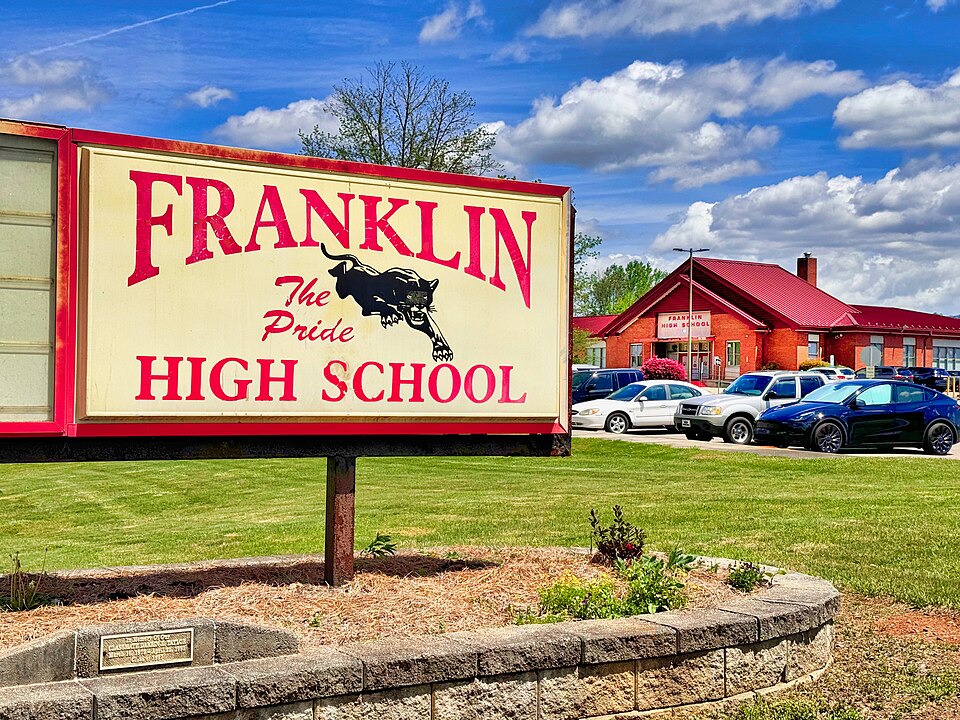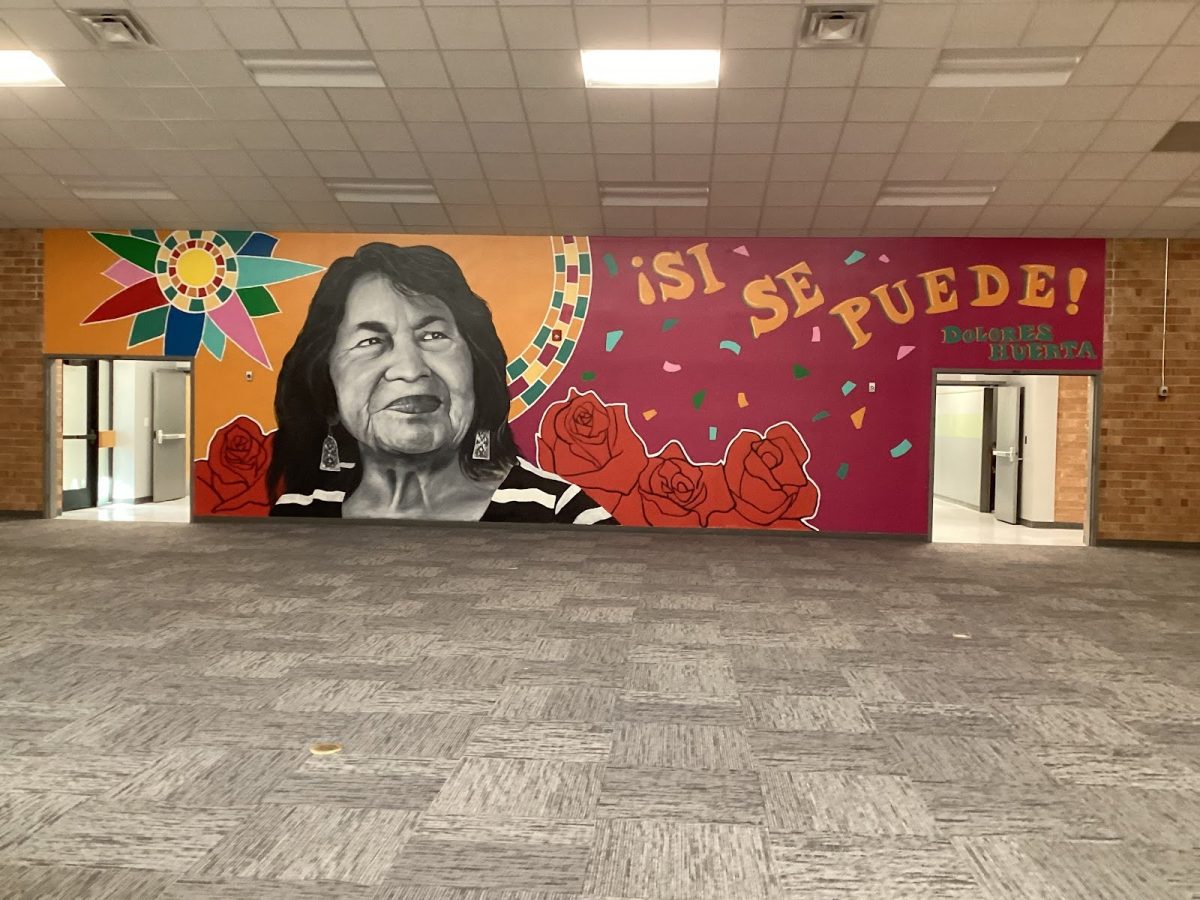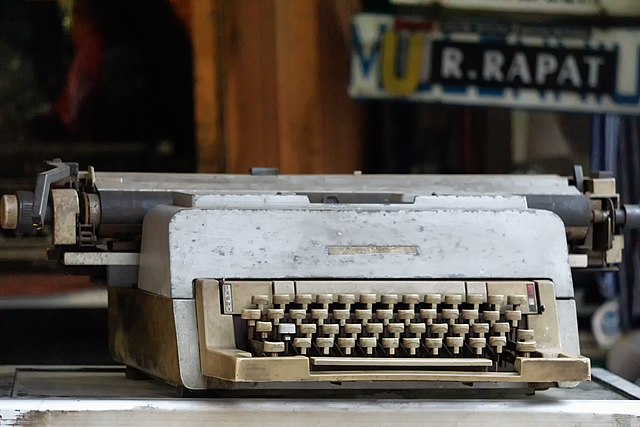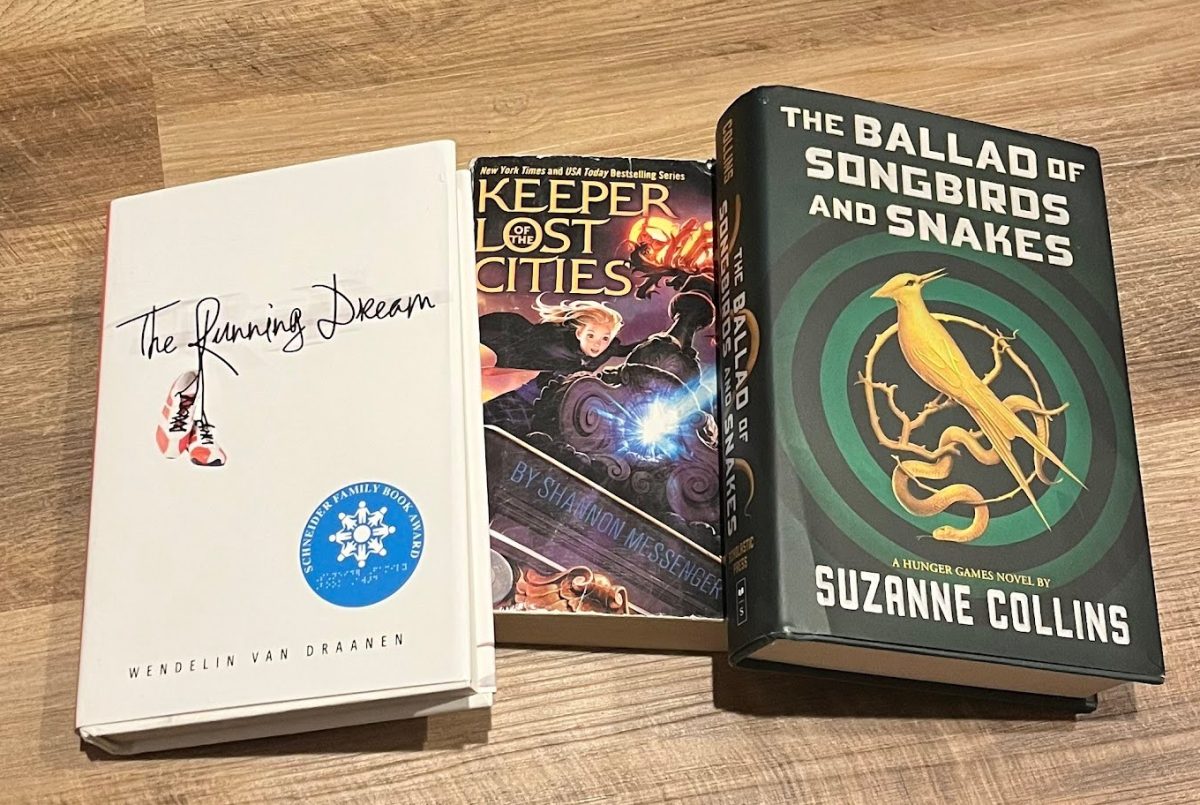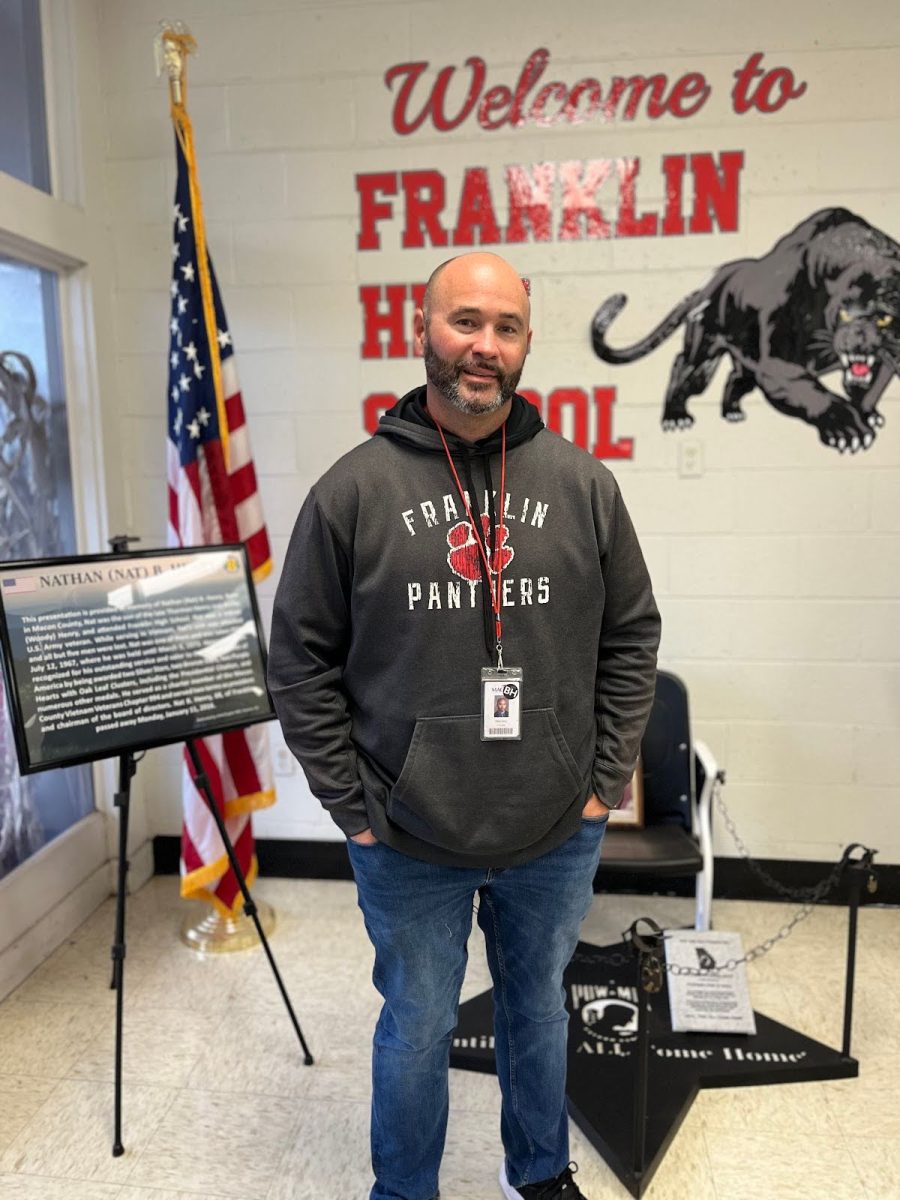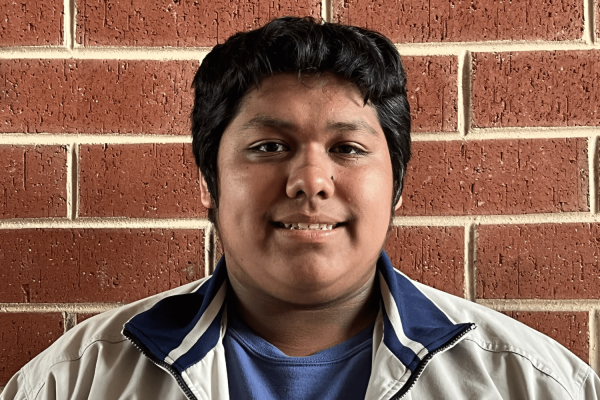FHS’s Agriculture Department took on the challenge to use recycled paper and turn it into a reusable material of… you guessed it! More paper.
Ms. Collins’ Natural Resources 2 (Forestry) class collected paper from recycled bins, shredded it into bits and let it sit in water overnight. The class mixed bleach into the paper water mix to kill off any bacteria and whiten the paper. After sitting in water, the shredded paper blends into a pulp.
The class then dries out some of the water in the bin and pours the rest into a deckle; a deckle is like a mold for the sheets of new paper to form in, which takes roughly 12 hours. Once the process is complete, the paper is fully dried and is ready to be used.
This paper doesn’t come out looking like the type you get from the store; it’s a stiffer type of paper similar to those used for crafts, but paper is paper. You can use this paper for writing, crafts, or even just to have. It’s an interesting project to show that you can reuse anything even if it’s trash.
The recycled paper has the same uses of regular paper, but it feels rough and doesn’t look perfect. However, this paper can bring an aesthetic sense into writing from using regular notebook paper to a sheet with texture. Depending on what kind of paper you use to blend, the sheets will come out looking unique.
The Ag Department is known for doing fun experiments like this. Ag classes have opportunities that you wouldn’t even think of: fun projects, field trips, FFA, and a better understanding of agriculture.
Agriculture is important to society as it provides food, raw materials, and economic stability, while also influencing environmental health and cultural heritage. This also leads to big career opportunities.
Agriculture is more than just cows and plows – Ag classes range from animal science to landscaping. If you are ever interested in joining a fun elective class, the ag department is always welcoming.
Interview with Ms. Collins:
Question: What made you want to do this project?
Answer: “I wanted to show the class how to make paper, and a fun way of doing it is by recycling paper.”
Q: Did your class succeed?
A: “Of course we succeeded, the paper came out better than I thought and it was certainly a fun project.”
Q: Would you do it again?
A: “I would definitely do it again with a class, the students enjoyed it and it’s very hands-on.”
Q: Any advice to anyone who would want to try this out?
A: “Don’t do it indoors, it’s very messy and it’s easier just doing it outside.”

